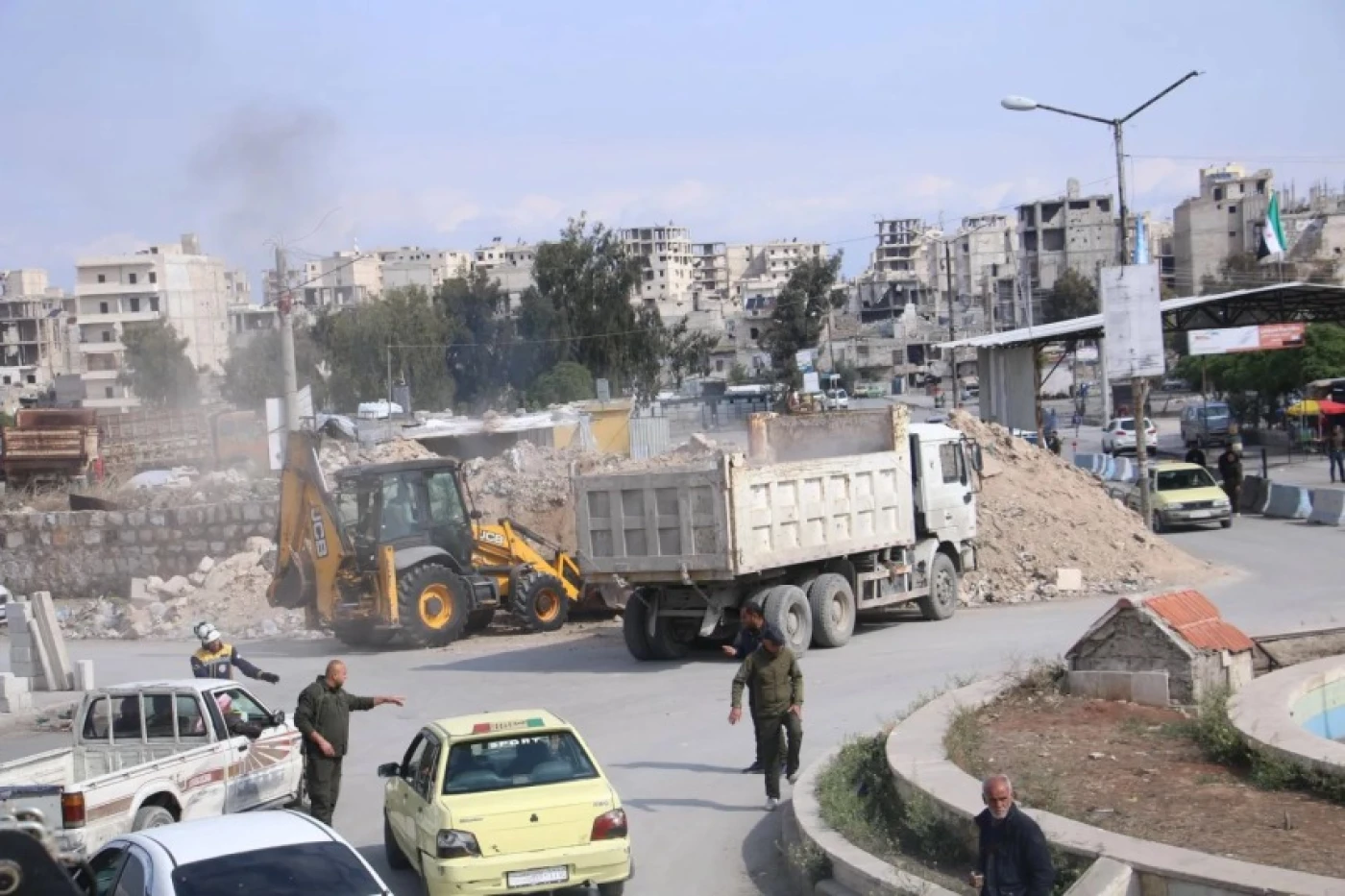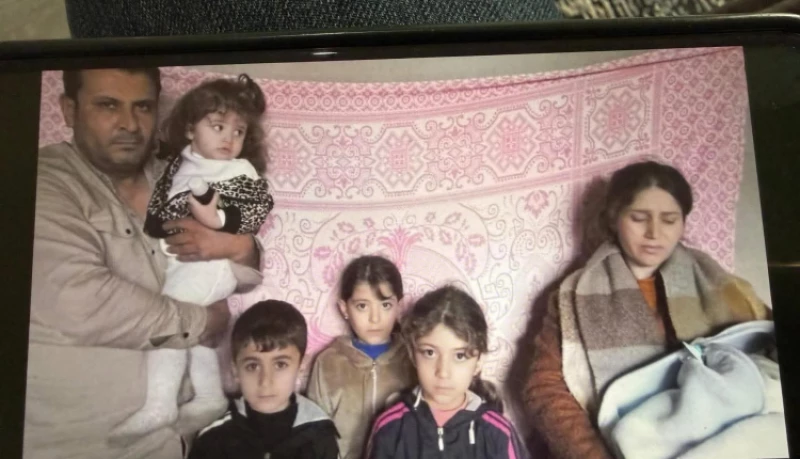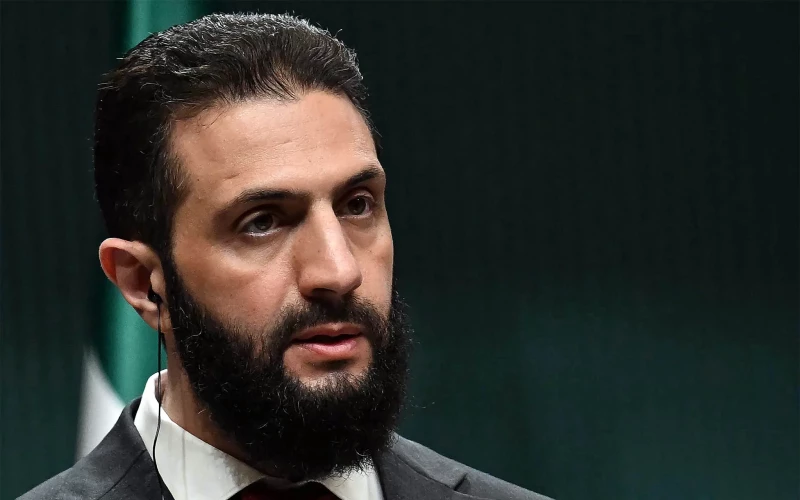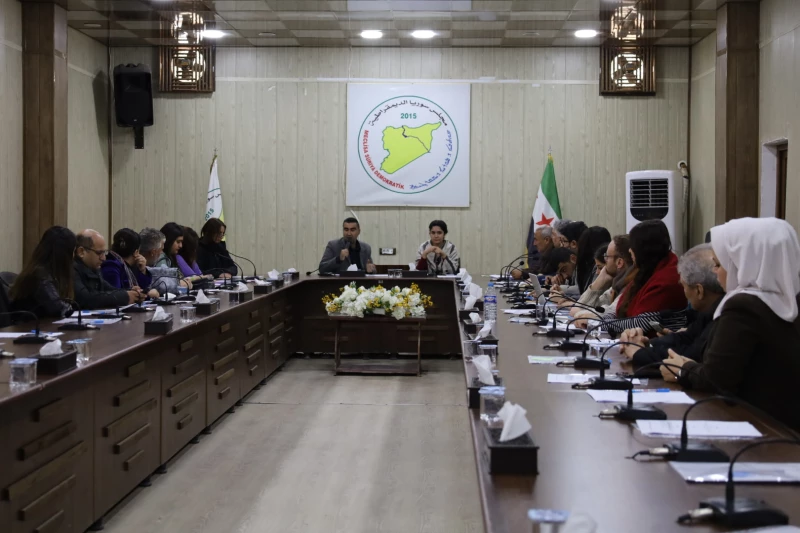ERBIL, Kurdistan Region of Iraq - The blockade on Aleppo’s Kurdish-majority Sheikh Maqsoud and Ashrafieh neighborhoods in northern Syria entered its fourth day Thursday, with Damascus forces keeping all but two pedestrian routes closed, local media reported.
Hawar News Agency (ANHA) said that all seven roads leading to the neighborhoods remain blocked, with government forces maintaining earthen barriers erected when the siege began on October 6. The UK-based Syrian Observatory for Human Rights said security forces have allowed only pedestrians on two roads, while vehicle access remains suspended.
A major armed escalation erupted between Damascus-aligned forces and Kurdish-led internal security forces (Asayish) in Aleppo’s Kurdish-majority neighborhoods on Monday, which came after a crackdown on demonstrators protesting the government’s unexplained closure of all roads leading to the area.
On Thursday, delegations from the Kurdish-led Syrian Democratic Forces (SDF) led by General Commander Mazloum Abdi, and Damascus, led by President Ahmed al-Sharaa, came to a de-escalation agreement to halt the clashes.
Hevin Sulaiman, co-chair of the Kurdish Neighborhoods Council in Aleppo, told the North Press Agency, affiliated with the Kurdish-led northeast Syria (Rojava) administration, that the main roads remain closed.
She warned that if the blockade continues, it could trigger a “humanitarian catastrophe,” citing the presence of elderly residents and children.
According to ANHA, local officials are continuing talks with the authorities in Damascus to end the siege.
Residents protested on Monday against the government’s closure of all access roads following an explosion near Ashrafieh. Clashes with Damascus-aligned forces ensued, involving tear gas, live ammunition, drones, and mortars, the Observatory reported.
Syrian state media said the clashes began after government forces discovered a tunnel on Ashrafieh’s outskirts, allegedly used by the SDF to “infiltrate and carry out operations against army and security forces,” a charge vehemently denied by the Kurdish-led force.
Sheikh Maqsoud and Ashrafiyeh are under the control of local forces affiliated with Rojava, while government forces control the entrances and exits.
Sharaa and Abdi signed a landmark agreement on March 10 aimed at integrating the SDF and Rojava’s institutions with the Syrian state. Its implementation has stalled amid repeated clashes, with both sides blaming each other for provocations and attacks.
Kurds and other minorities in Syria have called for decentralized governance, a request Damascus has firmly rejected.



 Facebook
Facebook
 LinkedIn
LinkedIn
 Telegram
Telegram
 X
X


